1640
Isaac Walton writes The Compleat Angler about fishing and conservation.
Isaac Walton writes The Compleat Angler about fishing and conservation.
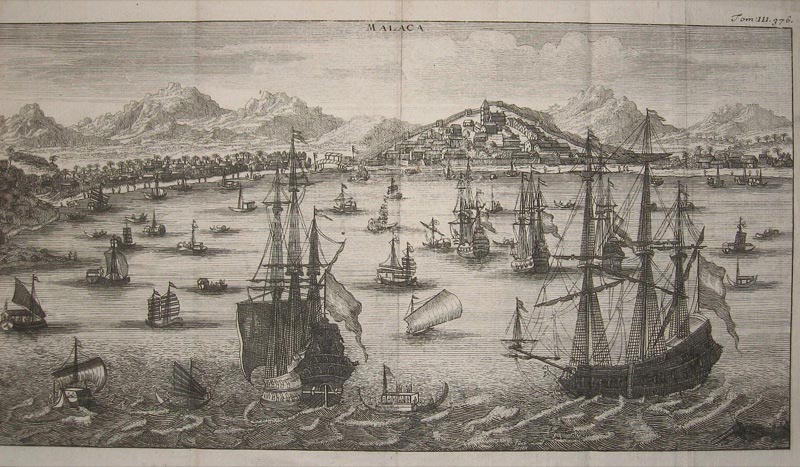
The Dutch seize Malacca, on the Malay peninsula, from the Portuguese.
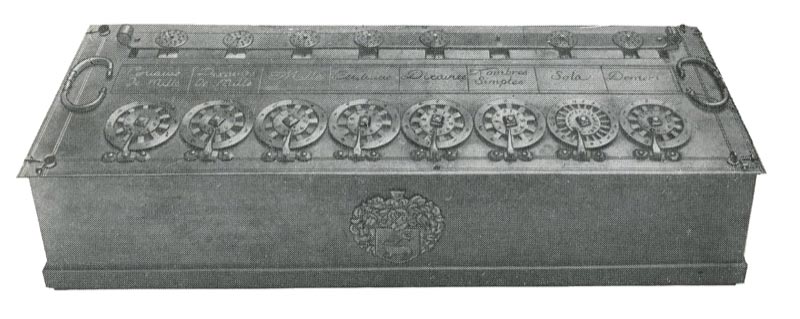
Blaise Pascal invents the adding machine.
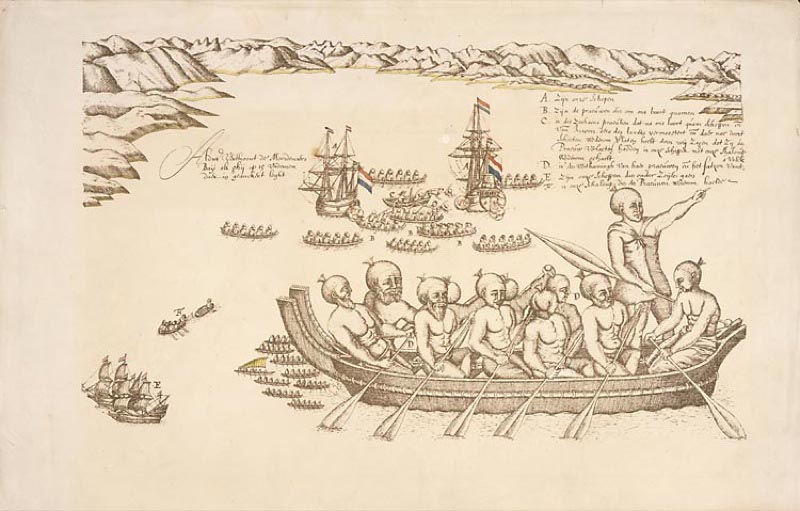
Abel Tasman sails in search of 'Terra Incognita' and lands in both Tasmania and New Zealand. His charts and account are later used by Captain Cook.
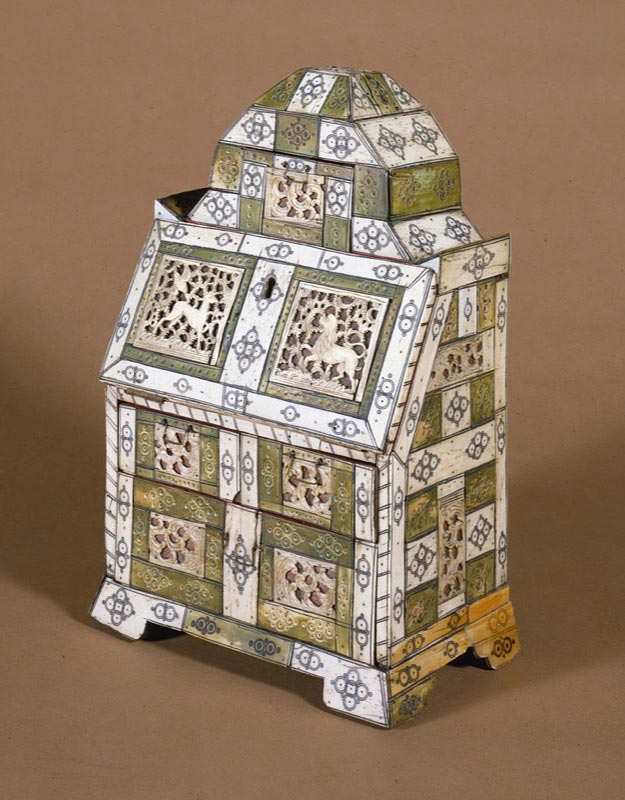
Russian merchants hear about fur, walrus ivory and silver to be found by the Pogycha River.
Isaac Newton.
The barometer is invented by Evangelista Torricelli.
Reign of Louis XIV of France, the Sun King.
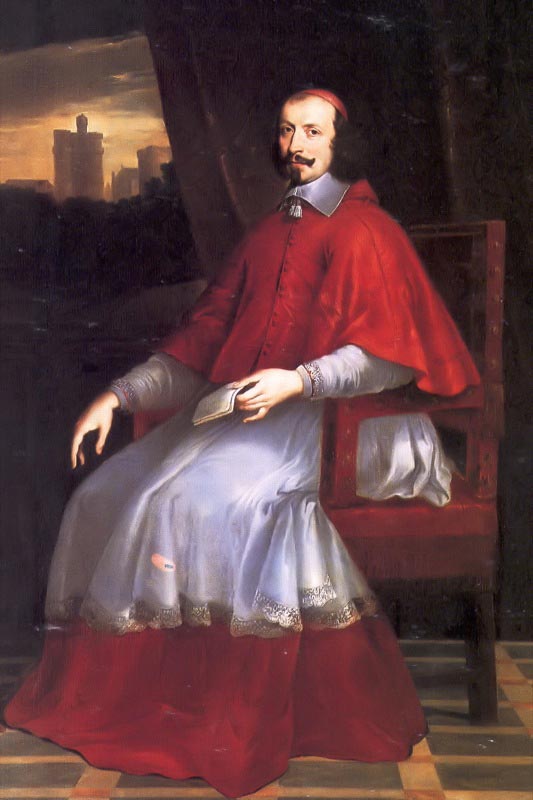
Cardinal Mazarin serves as chief minister to the young Louis XIV now that Richelieu is dead.
The Qing Dynasty in China. China conquers Outer Mongolia and Tibet.
Tasman maps the North Coast of Australia.
The vacuum pump is invented by Otto von Guericke.
Italy's first coffee house opens in Venice.
After 80 years of struggle the Netherlands gain independence from Spain.
Semyon Dezhnyov explores Russia's Eastern frontier charting the Kolyma River and becoming the first person to sail through the Bering Strait to the Pogycha-Anadyr River.
Grenada becomes a French colony.
Conquest of Ireland. Oliver Cromwell leads his expeditionary force and destroys almost all Irish resistence to English control within a year.
The Dutch introduce tea to New York (then New Amsterdam).
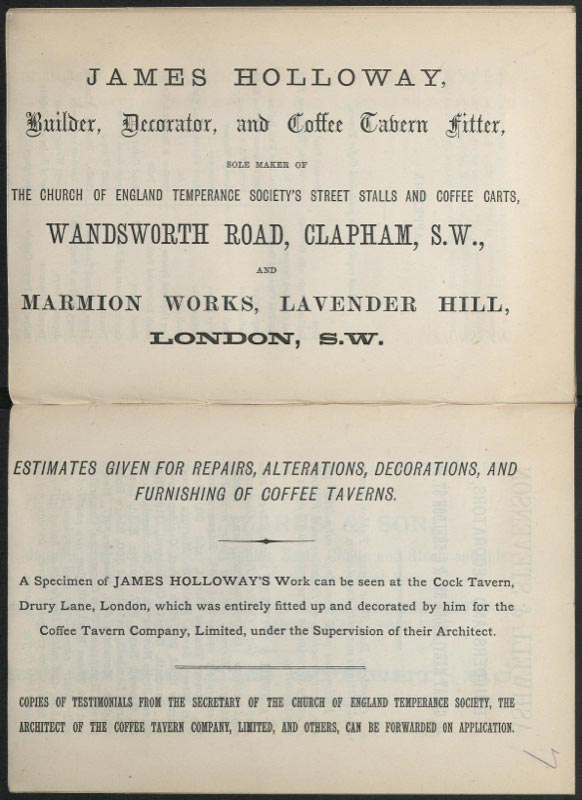
The first British coffee house opens in Oxford.
Coffee is introduced to the Virginia Colony.
Significant VOC imports of Bengal opium begin.
The Navigation Acts restricted the use of foreign ships in trade between Britain and her colonies.
John French publishes The Art of Distillation.
English Navigation Acts restrict access to Chinese porcelain in American colonies to merchandise shipped on English ships from English ports.
The Turk's Head coffee house is opened in London.
Lucas Bols is born and will make Bols a powerful company in the Dutch Golden Age.
The First Anglo-Dutch War is fought off the shores of England, the Netherlands and Italy.
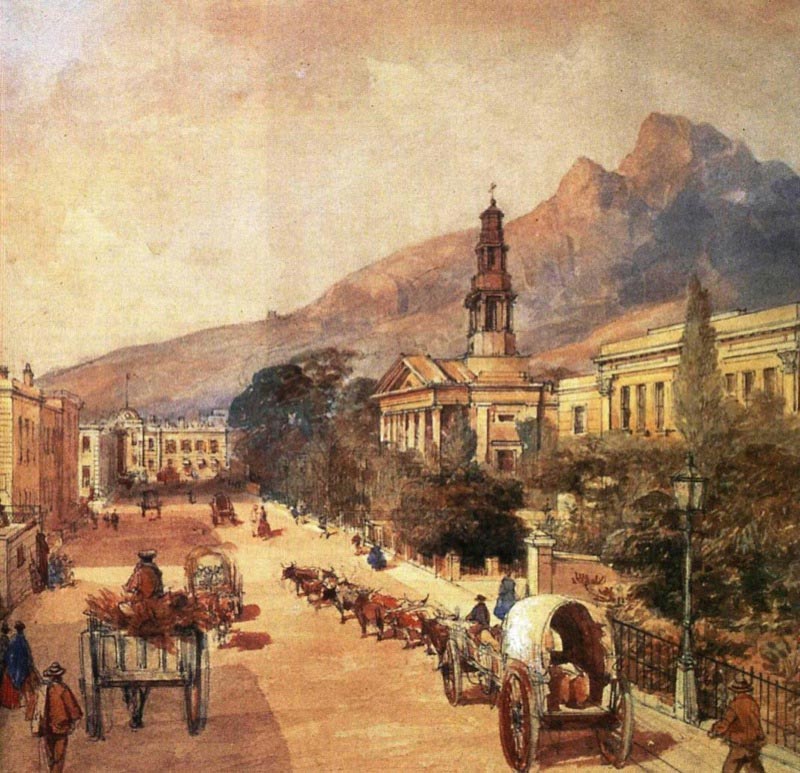
A Dutch colony is established in Cape Town.
Jan van Riebeeck establishes a Dutch colony for the VOC in Cape Town.
Richard Bell works as a gun founder for the Great Moghul.
The British sieze Jamaica from the Spanish, giving them access to cacao plantations.
Vermeer paints Officer and Laughing Girl showing an officer with an elaborate beaver felt hat.
British forces capture Jamaica from the Spanish.
Dutch forces capture Sri Lanka from the Portuguese.
The first Quaker missionaries arrive in Boston, Massachusetts.
Tea is sold at Garway's Coffee House in London.
Britain's first Chocolate House is advertised in Bishopsgate Street, London.
Tea is advertised in the 'Mercurius Politicus' journal in England.
Dutch traders establish small coffee plantations in Ceylon.
Francois Bernier comments on the sugar cane plantations in Bengal.
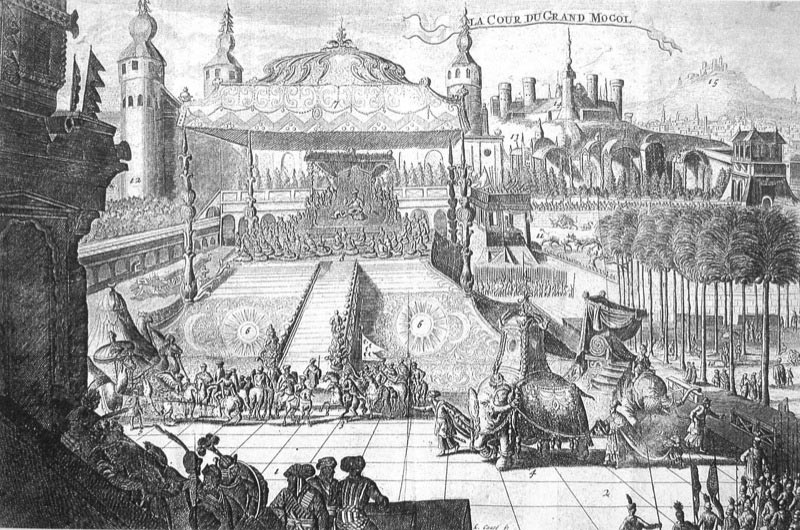
Francois Bernier explores India, describing Agra, Kashmir and Delhi in detail.
Henry Purcell.
Aurangzeb is Mughal Emperor and expands into Southern India.
The Peace of the Pyrenees ends the Franco-Spanish War. France gains Rousillon and territories bordering the Spanish Netherlands.
Pierre Radisson and Des Grosseilliers explore the Great Lake region and collect furs.
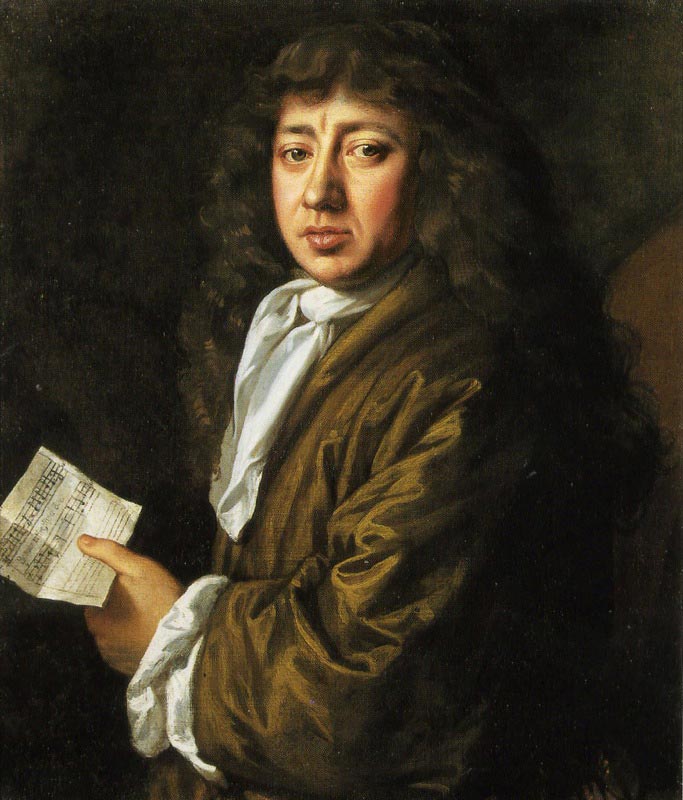
Samuel Pepys records his first experience of drinking tea.
Chocolate becomes popular in Britain. By 1663 there are 82 coffee houses in England, many serving chocolate as well.
Francesco Redi, physician to Cosimo III de Medici, the Grand Duke of Tuscany, helps to popularise chocolate amongst the elite in Italy.
Charles II returns from France to take the crown and popularises the French habit of taking snuff.
The Royal African Company is founded and is given a monopoly over the British Slave Trade.
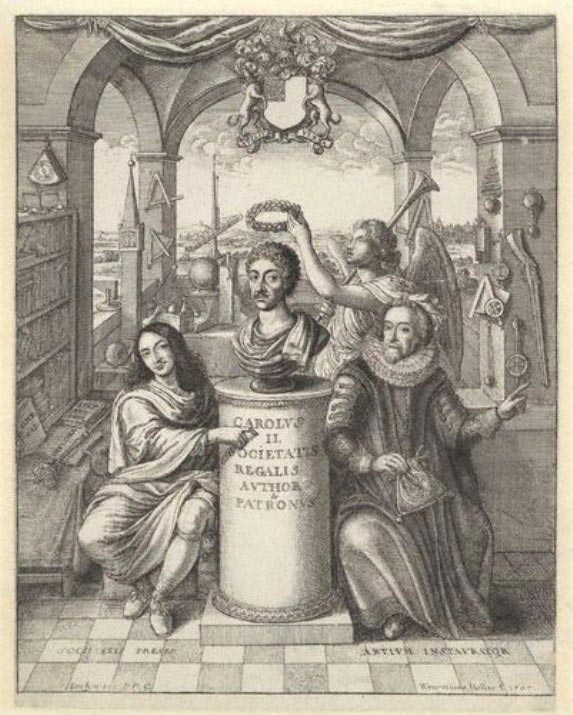
The Royal Society is founded in London.
The Navigation Act is passed to promote English commerce and protect it from European competition in colonial trade.
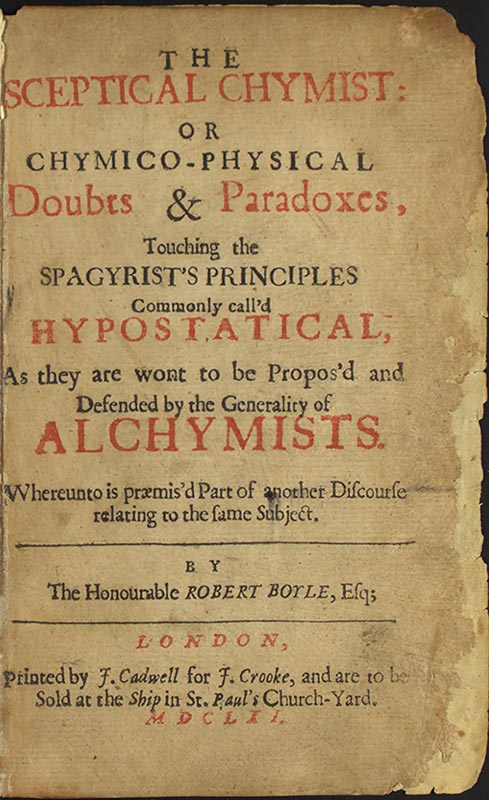
Robert Boyle proposes that matter consists of tiny corpuscles in his book The Sceptical Chymist.
Cardinal Mazarin dies and Louis XIV declares himself an absolute monarch.
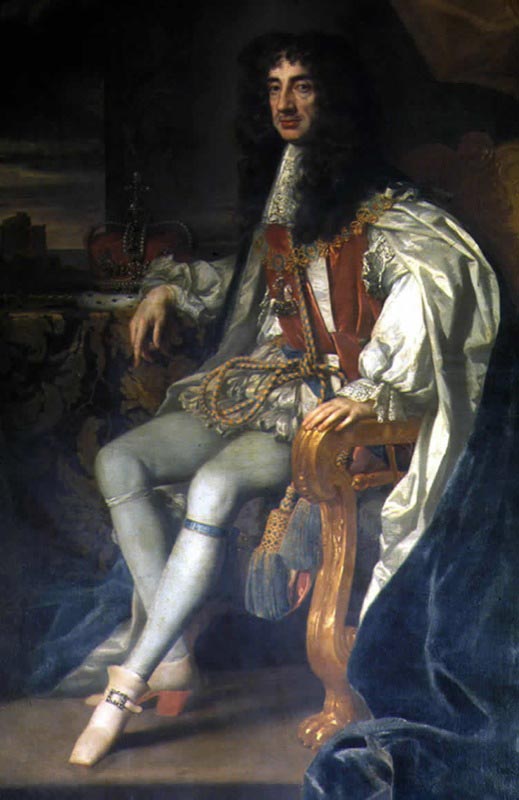
Bombay is given to Charles II of England as part of the dowry of Catharine of Braganza.
John Evelyn writes Fumifugium, or the Inconvenience of the Aer and Smoake of London Dissipated which proposes remedies for London's air pollution problem.
Catherine of Braganza, King Charles II's Portuguese wife, encourages tea drinking at the British royal court.
The Irish linen trade is given tariff protection.
Company of Royal Adventurers into Africa begins trading in slaves (later Royal African Company).
John Graunt publishes a book which covers the understanding of disease and public health.
The Imperial Diet is now fixed in Regensburg.
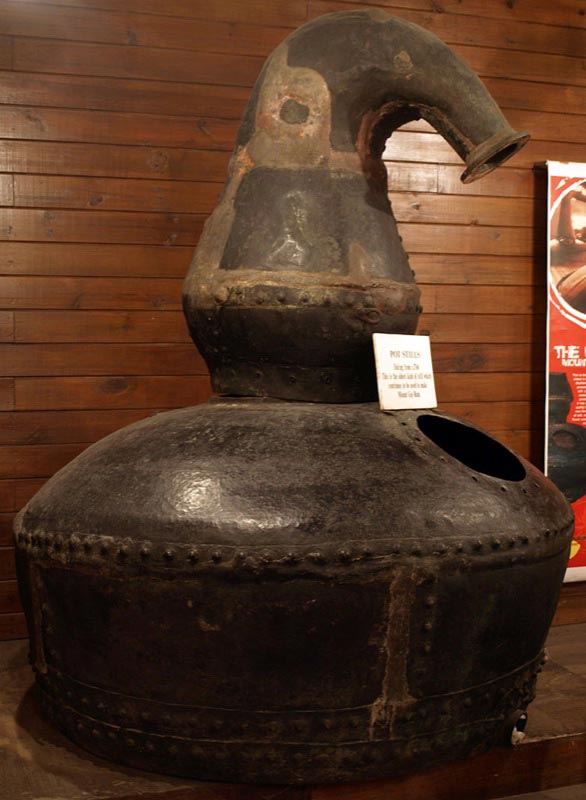
Rum distillation began in Barbados and the Mount Gay Distillery, dating from 1663, is probably the oldest operating Rum producer in the world.
Construction commences on the Palace of Versailles.
The Compagnie de l'Occident helps the French to organise trade in North America.
Jenever becomes popular in the Netherlands and in England where it provides 'Dutch Courage'. Jenever is shortened to Gin in England.
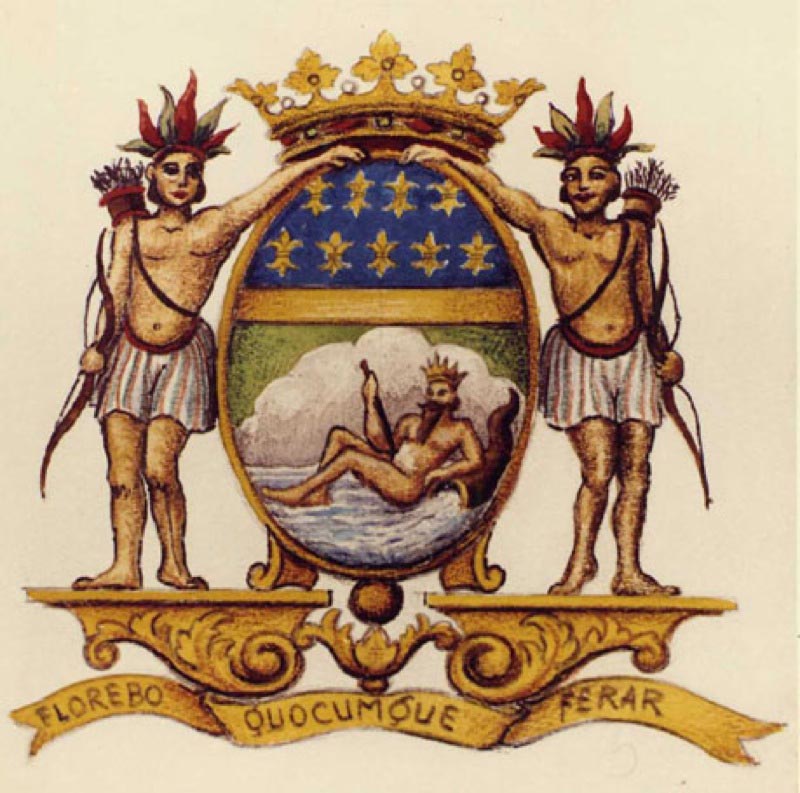
The French East India Company is established.
The Second Anglo-Dutch War sees the Dutch fleet sailing up the Thames.
Pierre Radisson and Des Grosseilliers visit London and convince Britain to join the fur trade.
The Royal Society issues its 'Directions for Seamen' and encourages Pacific exploration.
Chocolate becomes popular at the court of King Louis XIV.
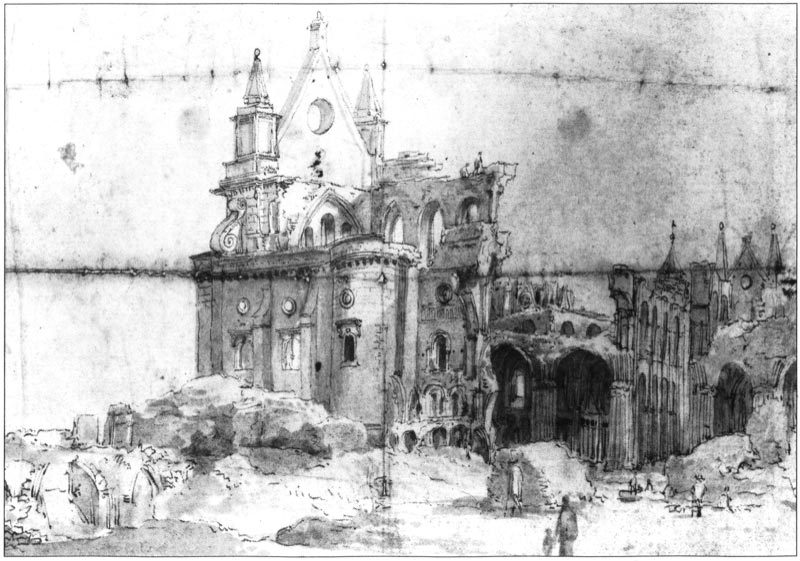
The Fire of London destroys many of London's timber structures. Many are replaced by brick buildings as these were safer and timber was scarce.
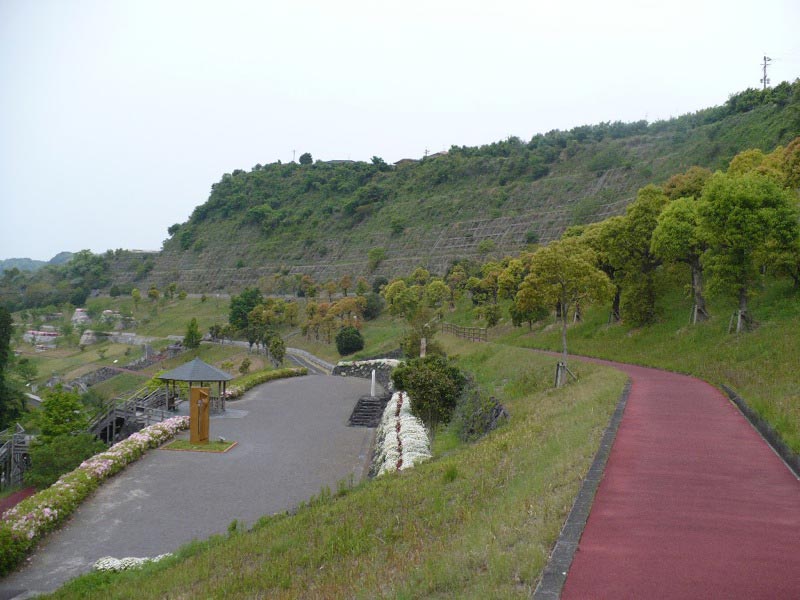
The shogun of Japan warns against the dangers of erosion and flooding caused by deforestation and calls for the planting of tree seedlings.
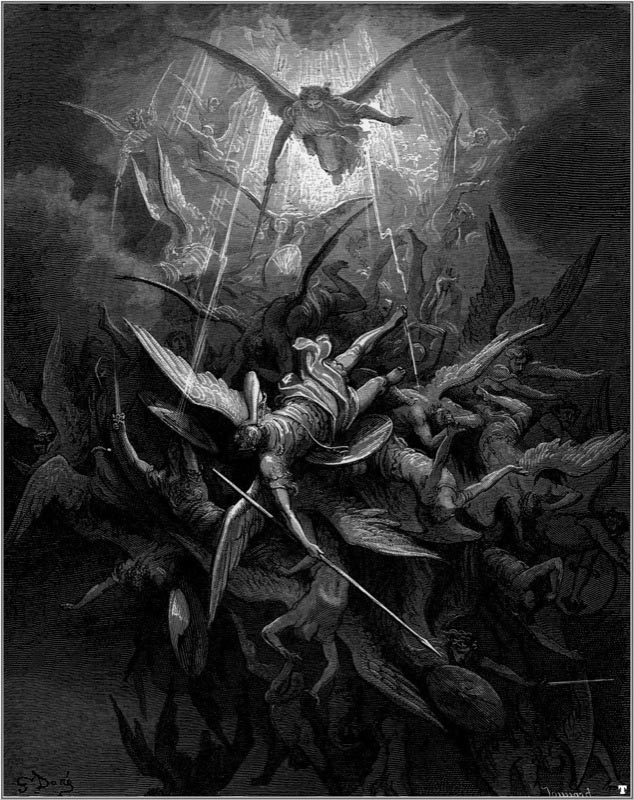
John Milton publishes Paradise Lost.
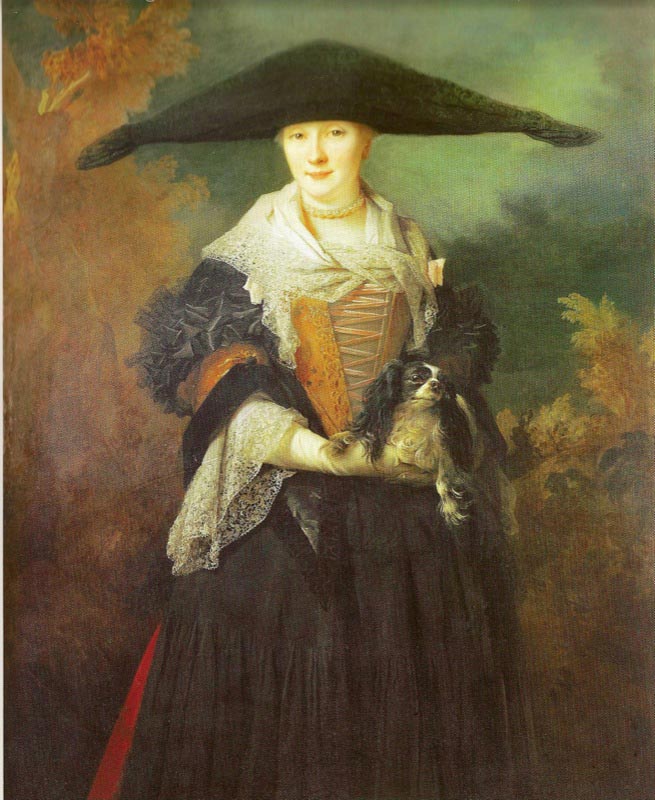
The tricorne hat is made popular during the war between France and Spain in the Netherlands.
Louis XIV's forces overrun Flanders in the War of Devolution.
The Treaty of Breda. Britain cedes its interests in Sumatra and the Spice Islands to the Netherlands in return for New Amsterdam (Manhattan). Britain concentrates on pepper trade from India.
Prince Rupert leads a successful trade expedition to Hudson's Bay for the Hudson's Bay Company.
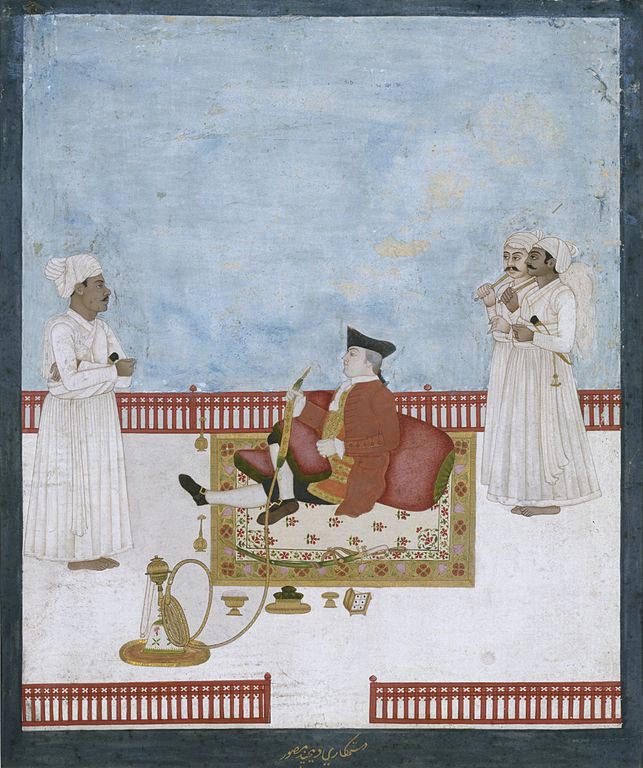
The British East India Company establishes a trading base in Bombay (now Mumbai).
France acquires Lille and other territories at the Treaty of Aix-la-Chapelle, which ends the War of Devolution with Spain.
The Hanseatic League ceases to function.
Robert de La Salle explores Lake Ontario, Lake Erie and the Ohio River valley.
Thomas Bowrey explores India, Burma, Sumatra and Ceylon.
Stricter forest codes are introduced in France.
The Hanseatic League ceases to function.
Dutch traders establish small coffee plantations in Southern India.
Jamaica, now under British control, becomes the world's largest sugar-exporting nation.
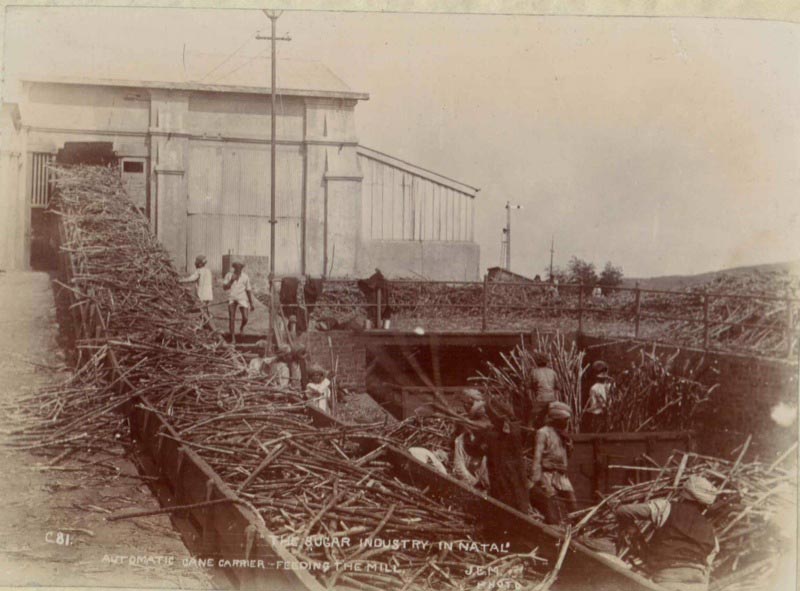
Louis XIV endorses the transport of African slaves to Saint Domingue to work on sugar plantations.
The Hudson's Bay Company sets up forts on James Bay.
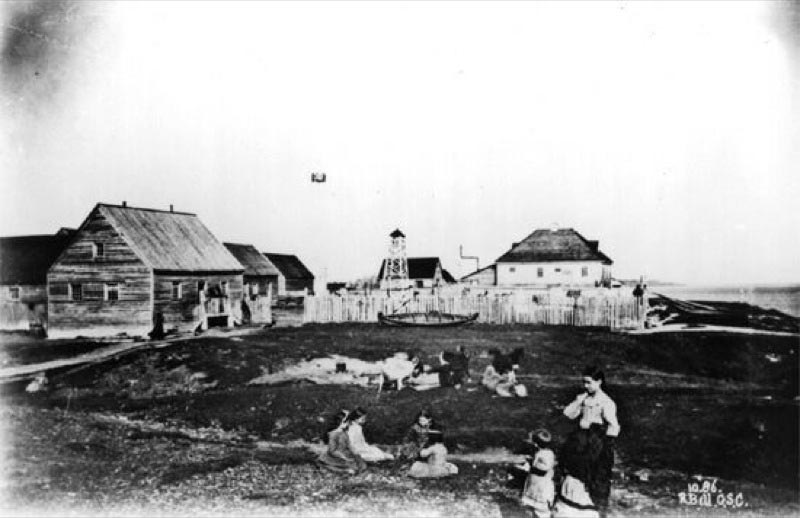
Fort Albany is established in Ontario by the Hudson's Bay Company.
Foundation of the Hudson's Bay Company.
Radisson and Des Grosseilliers help to establish the British fur trade in Canada.
Robert de La Salle explores Lake Michigan and then is the first European to sail down the length of the River Mississippi, arriving in the Gulf of Mexico.
Calico printing spreads from the Netherlands to England, France, Switzerland and Italy.
France's first coffee house opens in Paris.
The Third Anglo-Dutch War.
Robert de La Salle establishes fur trading posts in the Ohio River valley and upper Mississippi.
Louis Jolliet and Jacques Marquette explore the Mississippi River from Green Bay down to the River Arkansas.
James Needham and Gabriel Arthur explore Tennessee, South Carolina and Florida.
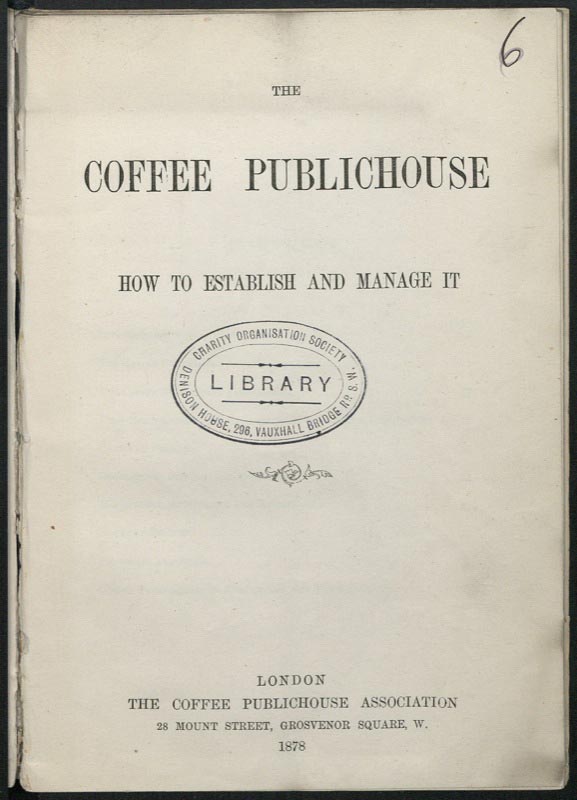
Over 3,000 coffee houses exist in Britain serving coffee, tea, chocolate, beer and spirits.
George Ravenscroft invents lead crystal glass.
The English and Dutch East India Companies import more than one million pieces of Indian cloth a year into Europe.
William Sherwin of West Ham near London takes out a patent for calico printing.
Antonio Vivaldi.
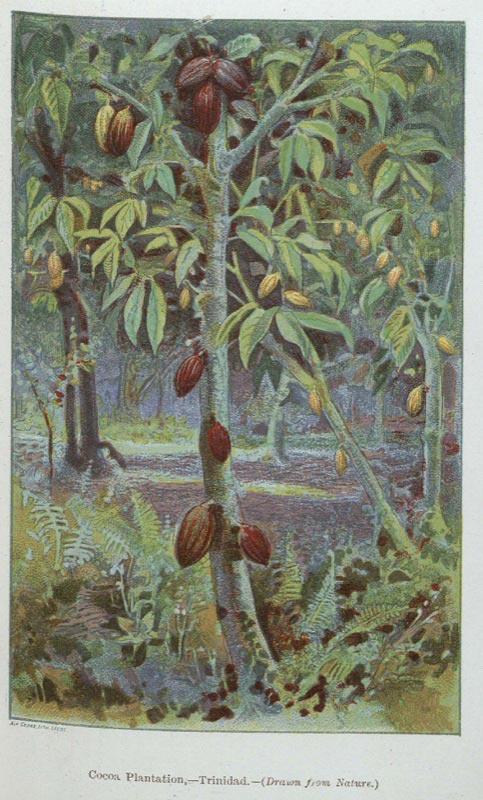
Criollo cacao trees are introduced to Trinidad from Venezuela.
Tobacco is cultivated in India.
William Dampier and Bart Sharp raid Spanish shipping in Central America and Peru.
The French practice drinking tea with milk, a custom adopted by the English.
Thomas Sydenham introduces his own blend of laudanum in pill form.
Jacques de Segur plants what will become the Chateau Lafite vineyard in the Medoc.
Louis XIV of France renews persecution of Huguenots, causing many to flee to England.
France forms a peaceful alliance with the Miami and Illinois peoples and lifts the ban on supplying guns to Native Indians.
Robert de La Salle establishes Fort St Louis on the Mississippi and expands trade with Native Indians.
Edmond Halley charts and describes the orbit of a comet which is named after him.
Henry Stubbes writes The Natural History of Coffee, Thee, Chocolate, Tobacco...
The Russian fur trade reaches its zenith, exporting furs from Archangel.
The Hudson's Bay Company establishes a Headquarters at Port Nelson on the Nelson River.
Louis XIV moves the French Royal Court to Versailles.
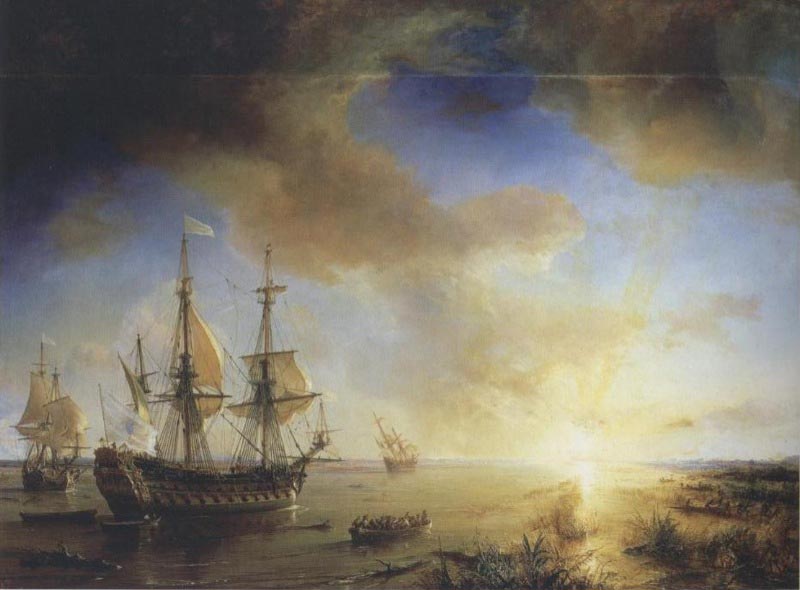
Robert de La Salle further explores the lower Mississippi, naming the area Louisiana after King Louis XIV and founding Fort Prudhomme in what is now Memphis.
The Ottoman army is defeated following the siege of Vienna.
Austria's first coffee house is opened, making use of bags of coffee beans left behind by the Turks.
Massachusetts passes a law forbidding smoking outdoors due to the fire hazard.
Resumption of the French and Indian Wars fighting for territory and trading rights in the Great Lakes and North East of America.
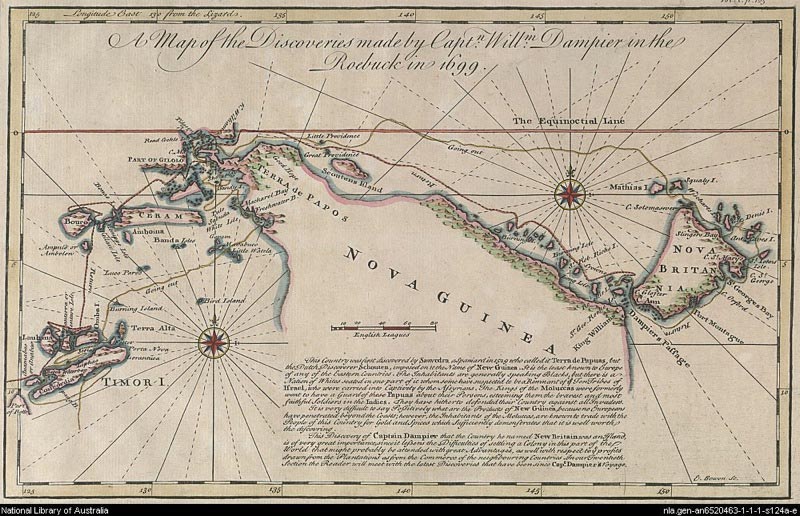
William Dampier sails around the world via Cape Horn, the East Indies, Australia and the Cape of Good Hope.
Englebert Kaempfer journeys through Persia, Ceylon, Java and Siam to reach Japan where he makes notes on Japanese life and customs.
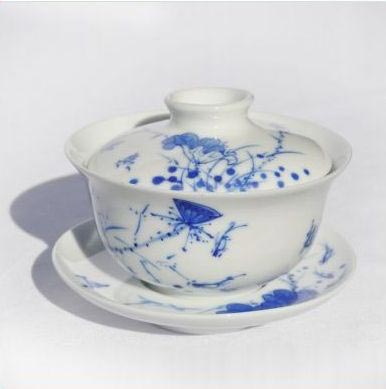
Over 200 million pieces of porcelain are imported into Europe from China.
Johann Sebastian Bach.
George Frideric Handel.
John Chamberlayne writes The Manner of Making Coffee, Tea and Chocolate.
Louis XIV signs the Code Noir, regulating slavery in French colonies.
Child's War. British forces attack the Mughal Empire, but are defeated.
King of Siam visits France and presents over 1,500 porcelain pieces to the French court.
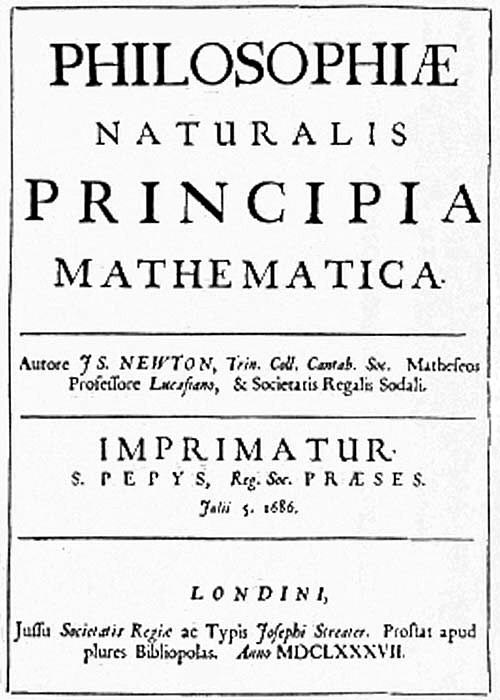
Isaac Newton publishes Principia in which he formulates his laws on gravity.
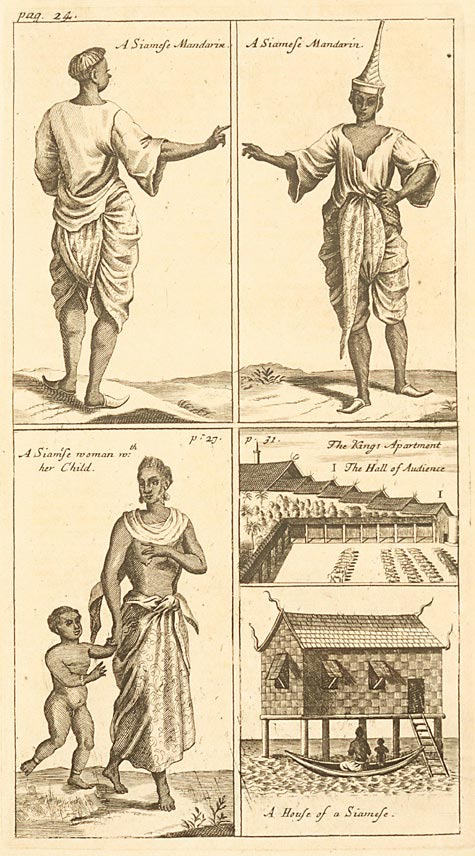
Simon de la Loubere leads a French trade mission to Siam.
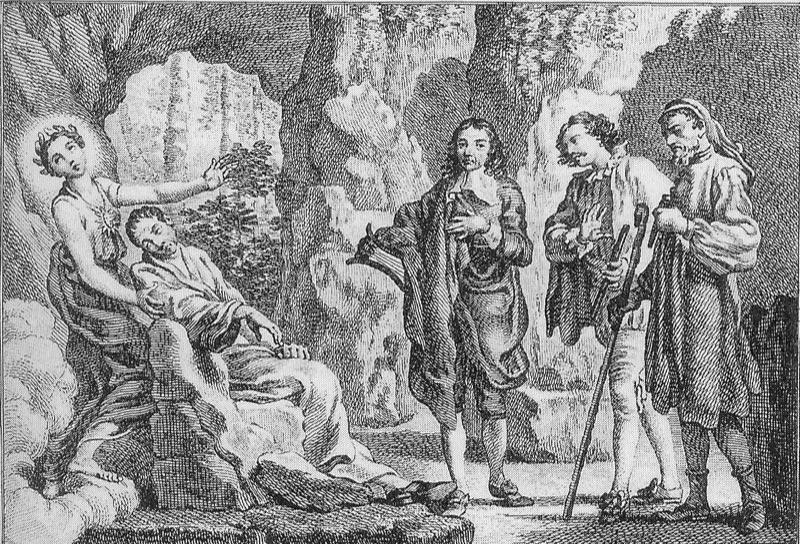
Alexander Pope.
Edward Lloyd opens Lloyd's Coffee House in London and it becomes a centre for the insurance trade.
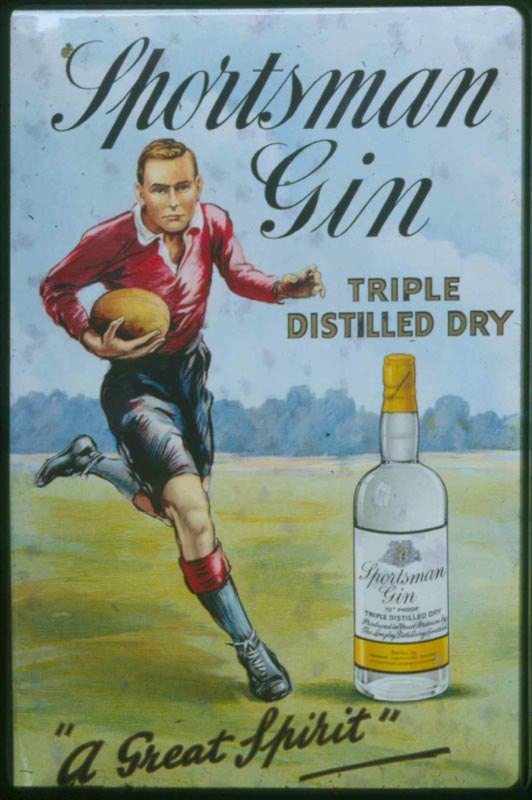
Gin becomes popular in England following the coronation of William III of Orange.
The War of the League of Augsburg pits France against Spain, the Dutch Empire, England, Scotland, Sweden and the Holy Roman Empire. It is ended by the Treaty of Ryswick, where France recognises William III of Orange as King of England, Scotland and Ireland, retains Alsace, Pondicherry and Acadia, but returns Catalonia to Spain and Freiburg and other territories to the Holy Roman Empire.
Political philosopher John Locke publishes Two Treatises on Government.
Hans Sloane returns to England after 3 years in Jamaica and develops a medicinal drink of chocolate mixed with milk.
First record of EIC importation of tea direct from China, via the port of Amoy (Xiamen).
King William's War. Britain and France fight for land and trade in Acadia.
Jesuit missionary Samuel Fritz explores and charts the Amazon.
Engelbert Kaempfer writes one of the earliest accounts of smoking opium-soaked tobacco (madat, madak), on Java.
First record of EIC importation of tea direct from China, via the port of Amoy (Xiamen). Engelbert Kaempfer writes one of the earliest accounts of smoking opium-soaked tobacco (madat, madak), on Java.
The British East India Company establishes a trading base in Calcutta.
William Penn instructs Pennsylvania settlers to preserve one acre of trees for every five acres cleared.
Paris becomes the first European city with an extensive sewer system.
William of Orange defeats Catholic King James II at the Battle of the Boyne which ensures the dominance of the Protestant Ascendancy.